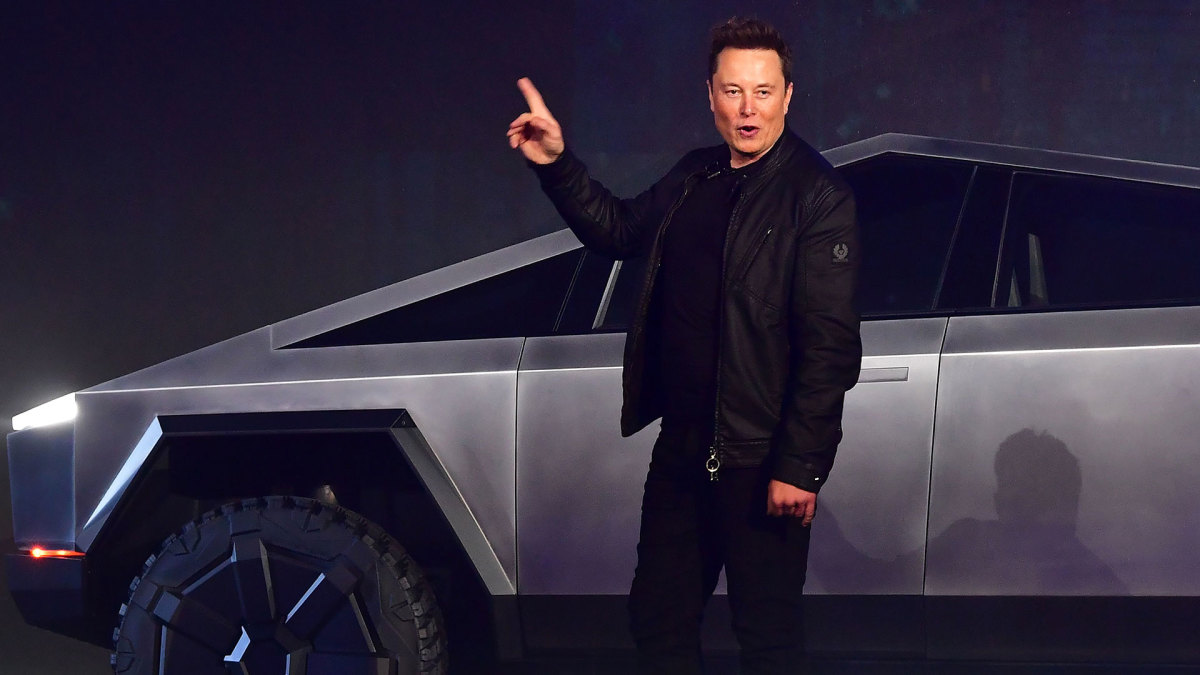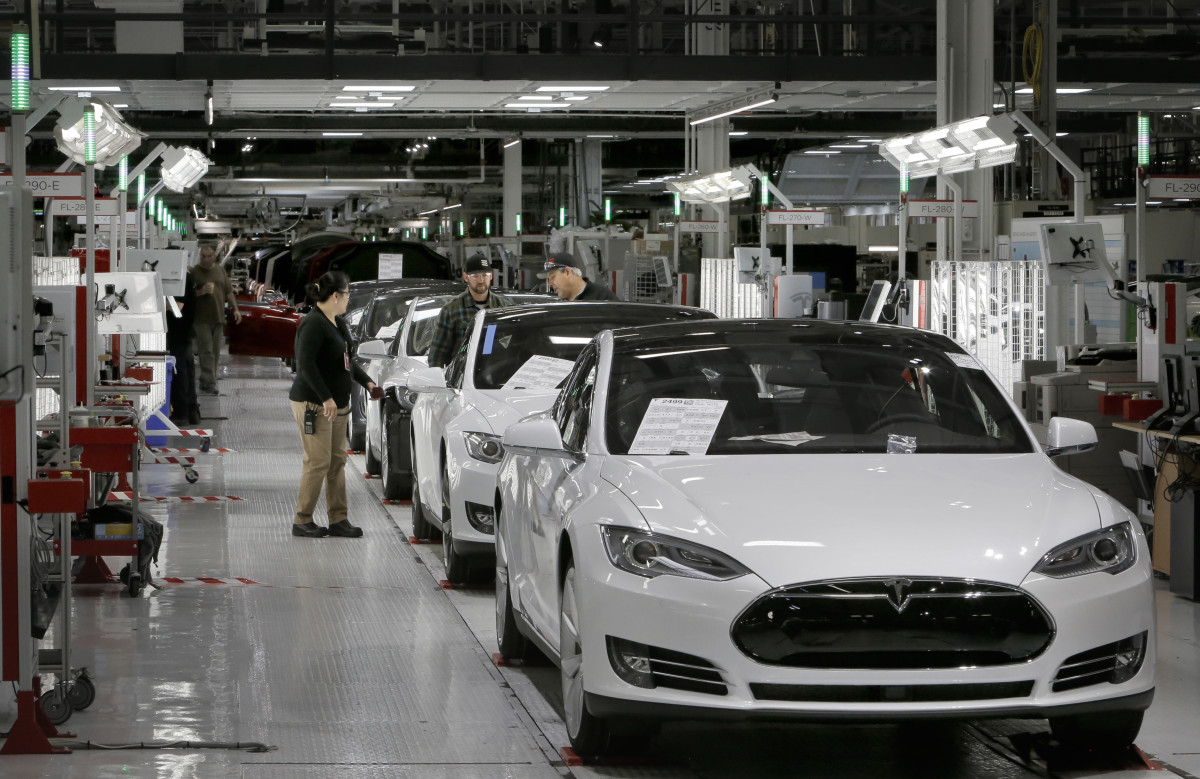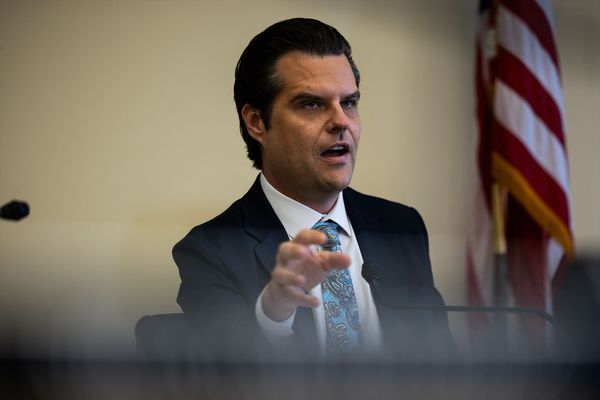
After a hard month, Tesla TSLA shares fell further on Nov. 9 when HSBC initiated coverage of the electric-vehicle leader with a reduce rating and price target of $146, a roughly 30% drop from the stock's current levels.
HSBC analyst Michael Tyndall cited numerous factors that he believed would continue to hinder Tesla's growth.
Prominent among them is his understanding that the expense tied to the growth of Tesla's noncar-related businesses — self-driving, artificial intelligence, the Optimus robot and its Dojo supercomputer — will likely be "well above the group average given the regulatory and technological challenges they face."
Related: Tesla bulls say electric vehicle demand is soaring. Here's what's really happening
Tyndall's greatest concern, however, revolves around the billionaire who heads up the company: Elon Musk.
“Elon Musk’s global fame has afforded the group a customer awareness that far outweighs the money it has spent on marketing and advertising, which is therefore a tangible benefit to the [profit-and-loss]," Tyndall said.
"Leaving aside the current legal issues Elon Musk faces, we think his prominence presents a considerable 'singleman' risk at the group."
The stock closed the day down nearly 5.5%, hitting a price of $209.98, well below the levels it was trading at before it reported third-quarter earnings.
The shares rebounded 2.2% the next day to $214.65 as Tesla bulls rallied to the stock's defense, unperturbed both by HSBC's 108-page report and its effect on Tesla's stock price.
The stock had fallen 32% between its 2023 closing high of $291.26 on July 19 and an Oct. 30 close of $197.36. The Nov. 10 close was up 8.8% from Oct. 30.
The bulls' strong belief is that Tesla is more than just an auto company, a belief that Tyndall does not seem to share.
Related: One of Elon Musk's boldest Tesla promises is going in the opposite direction
Tesla bulls respond to HSBC
Gary Black, managing partner of Future Fund and a prominent Tesla bull, wrote on Nov. 10 that the HSBC report relies on a reversion-to-the-mean analysis, something that seems more in line with the valuation of a "slow-growth legacy auto company than a high-growth tech stock like Tesla."

San Francisco Chronicle/Hearst Newspapers via Getty Images/Getty Images
The biggest mistake the report makes, Black said, is an assumption that Tesla's volume will grow only to 5.9 million vehicles in 2030 from 1.8 million vehicles in 2023. Black says Tesla's 2030 volume will exceed 10 million, assuming 60% global EV adoption and a 20% market share for Tesla.
"Reading through the 108-page report, which has many useful charts, it’s almost as if the research team had a preordained answer they wanted to get to (a Reduce rating) and built their analysis to fit their desired conclusion," Black said.
His Tesla price target is $300.
Related: Ex-Ford CEO warns of fierce challenge ahead for electric vehicles
Tesla bull thesis is intact: Wedbush's Dan Ives
Wedbush Securities analyst Dan Ives, a prominent Tesla bull with a price target of $310, said Nov. 9 that he viewed the current selloff as little more than an opportunity to boost his holding in the company.
The bears, he said, view Tesla as an auto company. But Ives views it "as a disruptive technology company, which is why I view the selloff here and a lot of the hate as more of an opportunity to own it."
Ives is convinced that far from falling to the $146 range HSBC predicts, Tesla's stock will shoot up over the next six to nine months, to trade at more than $300 a share, a level the stock hasn't hit since 2022.
"I believe this is more of an air pocket that we're seeing from a growth perspective," Ives told CNBC. "Going into next year, I think the number's conservative and the sum of the parts ... when you look at battery technology, [Full Self-Driving], to me this is more of a table-pounder opportunity than time to hide in a cave."
Part of this rosy outlook comes from Ives's belief that 95% of the price cuts are done, a factor that, if it proves out, could start to bring Tesla's gross margins back into the region of a Big Tech giant.
Ives also says the company's cost-cutting efforts in China were a strategic move to regain market share, something that eventually will overcome softening Chinese demand.
The analyst maintained that Tesla remains far ahead of the competition in the EV sector, where the bulk of its competitors have yet to figure out scale. Until they do so, they don't really represent a threat.
"It is still Tesla's world and everyone's paying rent," Ives said.
Related: Here's why the Tesla bears are very wrong, according to Wedbush analyst Dan Ives
Get investment guidance from trusted portfolio managers without the management fees. Sign up for Action Alerts PLUS now.







